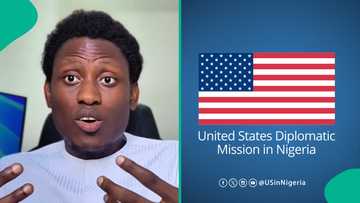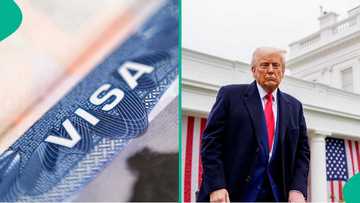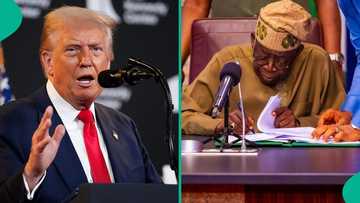List of 7 Social Media Posts That Could Ruin US Visa Application
- There are no fewer than seven social media posts that could ruin people's United States visa applications
- This is based on the new US visa rules that require applicants to list all social media usernames used in the past five years
- US visa applicants are expected to submit their social media usernames when completing Form DS-160 and ensure their accounts are set to public
Legit.ng journalist Adekunle Dada has over 8 years of experience covering metro, government policy, and international issues
The United States government has directed that visa applicants must submit a list of all social media usernames they have used in the past five years.
These are the new U.S. visa rules when completing Form DS-160, and applicants must ensure their accounts are set to public.
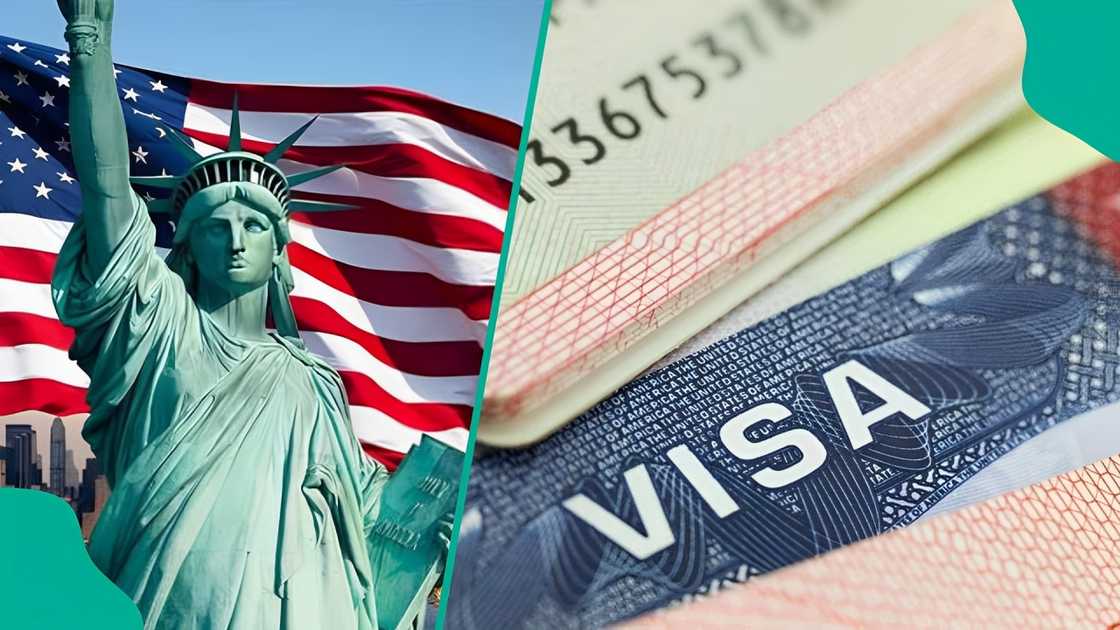
Source: Twitter
The new US visa rules enable consular officers to conduct extensive digital vetting on applicants.
This vetting process includes reviewing applicants’ social media activity, conducting search engine checks, and utilizing investigative tools such as LexisNexis.
As reported by The Nation, the following are social media posts that could ruin a US visa application.
Social media posts that could ruin US visa
- Violent Political Content
This is one of the social media posts that could ruin applicants' U.S. visa chances.
Posts that support political violence, revolution, or militant resistance may suggest that the applicant is a threat to U.S. security or public order.
It does not matter whether the posts are about the applicant's home country or abroad
- Antisemitic or Hate Speech
Social media posts that joke about or target Jewish people, Holocaust denial, or conspiracy theories. Posts around Israel or Jewish influence could be interpreted as inciting hate.
This is based on recent reports that consular officials are now instructed to deny visas based on signs of antisemitism found online.
- Terrorism or extremist support
Terrorism is a global issue, and many countries take it seriously when it comes to immigration.
Social media post, comment, like, or shared content that supports or promotes terrorist groups can be grounds for immediate denial.
Support for ISIS, Al-Qaeda, Hamas, or Hezbollah, or seemingly minor engagement with these topics, is flagged.
- Hostility toward the US government or culture
Posts that show hatred or aggression toward American laws, leaders, or values.
Such posts indicate that the applicants will likely not respect U.S. norms and might abuse the country’s visa.
- Criminal behaviour or affiliations
Drug use, weapon handling, or association with gang-related posts can be interpreted as proof of poor moral character or a criminal history. This includes photos or posts showing other illegal activities.
- Fake, blank, or private profiles
It is suspicious not to have an online footprint or to submit fake usernames.
Consular officers are trained to question such inconsistencies or the absence of any digital history.
- Disrespect for immigration laws
Applicants’ social media activity that shows plans to overstay a visa, work illegally, or misuse student or tourist visas can result in rejection.
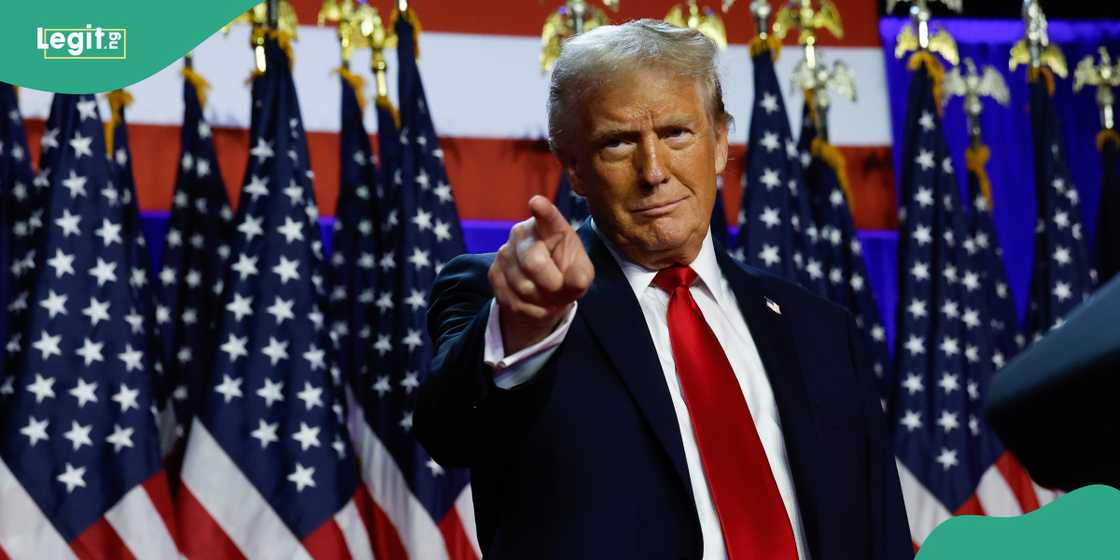
Source: Getty Images
Visa consultant cautions Nigerians on digital footprints
Mobolaji Ogundairo, Nigerian visa consultant, has said he has encountered several cases where applicants were denied visas because of conflicting details between their forms and online profiles.
“If your details on your visa form are different from what you have on your social media handle, it’s a straight denial. The funny thing is consular won’t tell you that this is the reason for visa refusal,” Ogundairo told Legit.ng.
When asked what advice he would give Nigerians applying for visas in the age of digital vetting, Ogundairo stressed the importance of preparation and guidance.
He said applicants should take time to “learn about the culture” of their intended destination, seek “expert” review of their applications rather than relying on do-it-yourself methods, and ensure “consistent follow-up with the agent” handling the process.
U.S. visa application: 6 requirements Nigerians must meet
Legit.ng earlier reported that six new requirements were released for Nigerians applying for a visa to the United States.
The United States Mission in Nigeria has asked applicants to submit all social media usernames and handles.
The new requirements cover other aspects of the visa application and process for Nigerians travelling to the United States.
US announces 4 new requirements for visa interviews
In a similar story, Legit.ng reported that the United States Embassy in Nigeria announced four major requirements for Nigerians applying for its visa interviews.
These four announcements were disclosed on the commission's website on Friday, April 11, adding that they will take effect on Tuesday, April 22.
According to the US Mission in Nigeria, interested applicants are to adhere to the requirements to avoid unwanted consequences.
Editorial assistant Ololade Olatimehin provided exclusive commentary from a visa consultant for this report.
Source: Legit.ng

